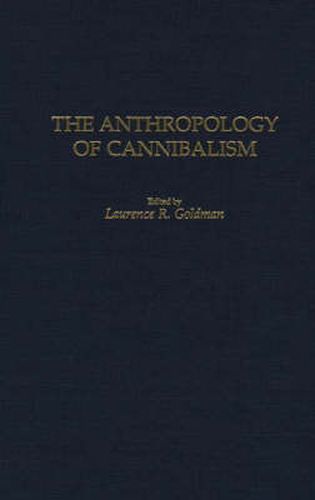Readings Newsletter
Become a Readings Member to make your shopping experience even easier.
Sign in or sign up for free!
You’re not far away from qualifying for FREE standard shipping within Australia
You’ve qualified for FREE standard shipping within Australia
The cart is loading…






The topic of cannibalism continues to be emblematic of people’s ideas of the exotic other . In addition to its lingering cultural meanings, the continued interest in the topic stems in part from the history of controversy about methods, evidence, and inference patterns within anthropology and archaeology. This work looks at how and why cannibalism was actually practised, both as part of a wider cultural system of meanings about reproduction and regeneration as well as how cannibalism as myth perpetuates political processes of stereotyping across cultures. Cannibalism exists in folklore traditions as the definition of the antithesis of socially accepted morality, as well as something that in practice was a conduit for the regeneration and reproduction of positive values. Cannibalism is seen as bound up with the commerce of exchange between people intent on defining their economic and political worlds in and through symbols. This book seeks to provide a set of correctives for both the academic discourse on cannibalism as well as the wider conventional beliefs about the topic.
$9.00 standard shipping within Australia
FREE standard shipping within Australia for orders over $100.00
Express & International shipping calculated at checkout
The topic of cannibalism continues to be emblematic of people’s ideas of the exotic other . In addition to its lingering cultural meanings, the continued interest in the topic stems in part from the history of controversy about methods, evidence, and inference patterns within anthropology and archaeology. This work looks at how and why cannibalism was actually practised, both as part of a wider cultural system of meanings about reproduction and regeneration as well as how cannibalism as myth perpetuates political processes of stereotyping across cultures. Cannibalism exists in folklore traditions as the definition of the antithesis of socially accepted morality, as well as something that in practice was a conduit for the regeneration and reproduction of positive values. Cannibalism is seen as bound up with the commerce of exchange between people intent on defining their economic and political worlds in and through symbols. This book seeks to provide a set of correctives for both the academic discourse on cannibalism as well as the wider conventional beliefs about the topic.